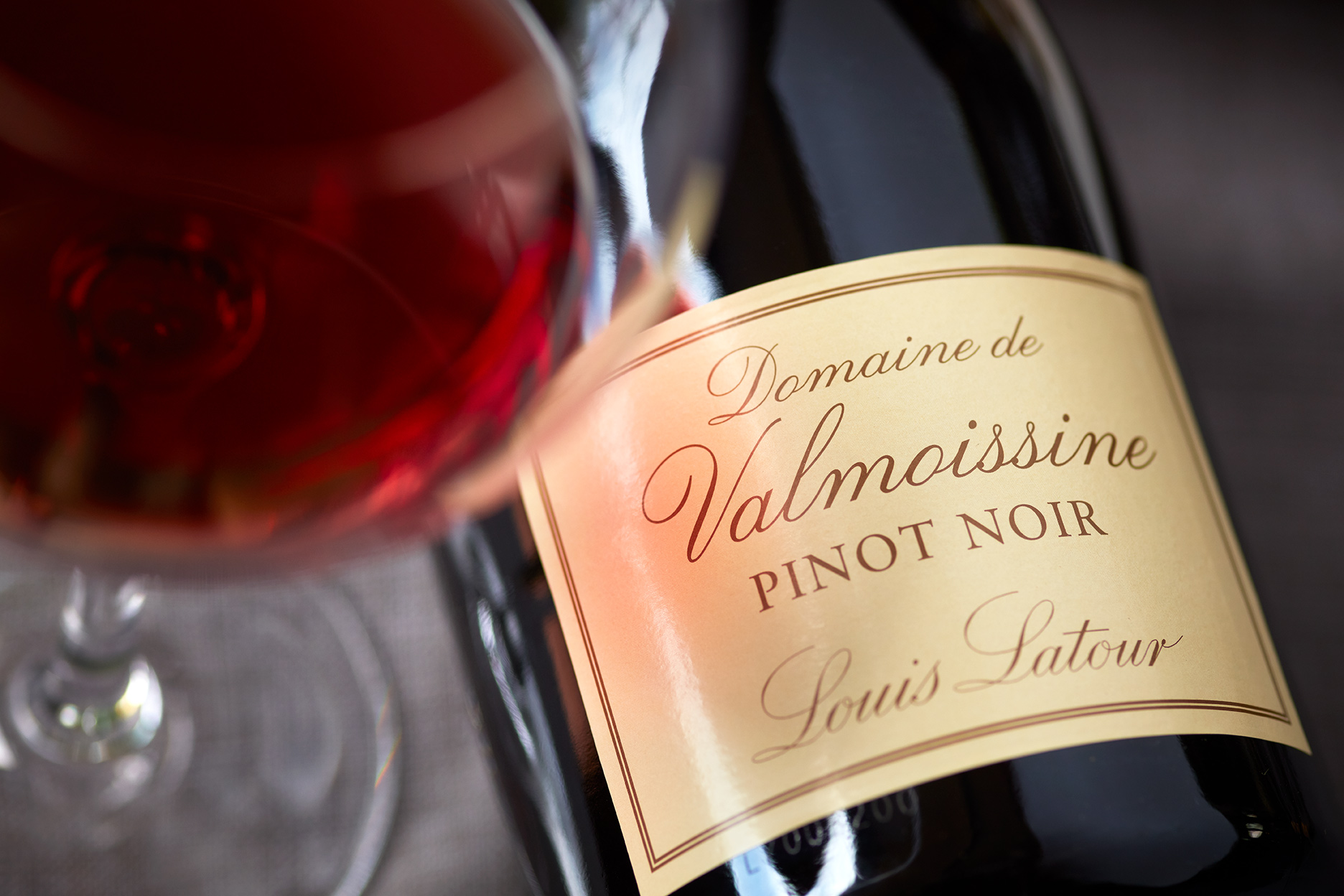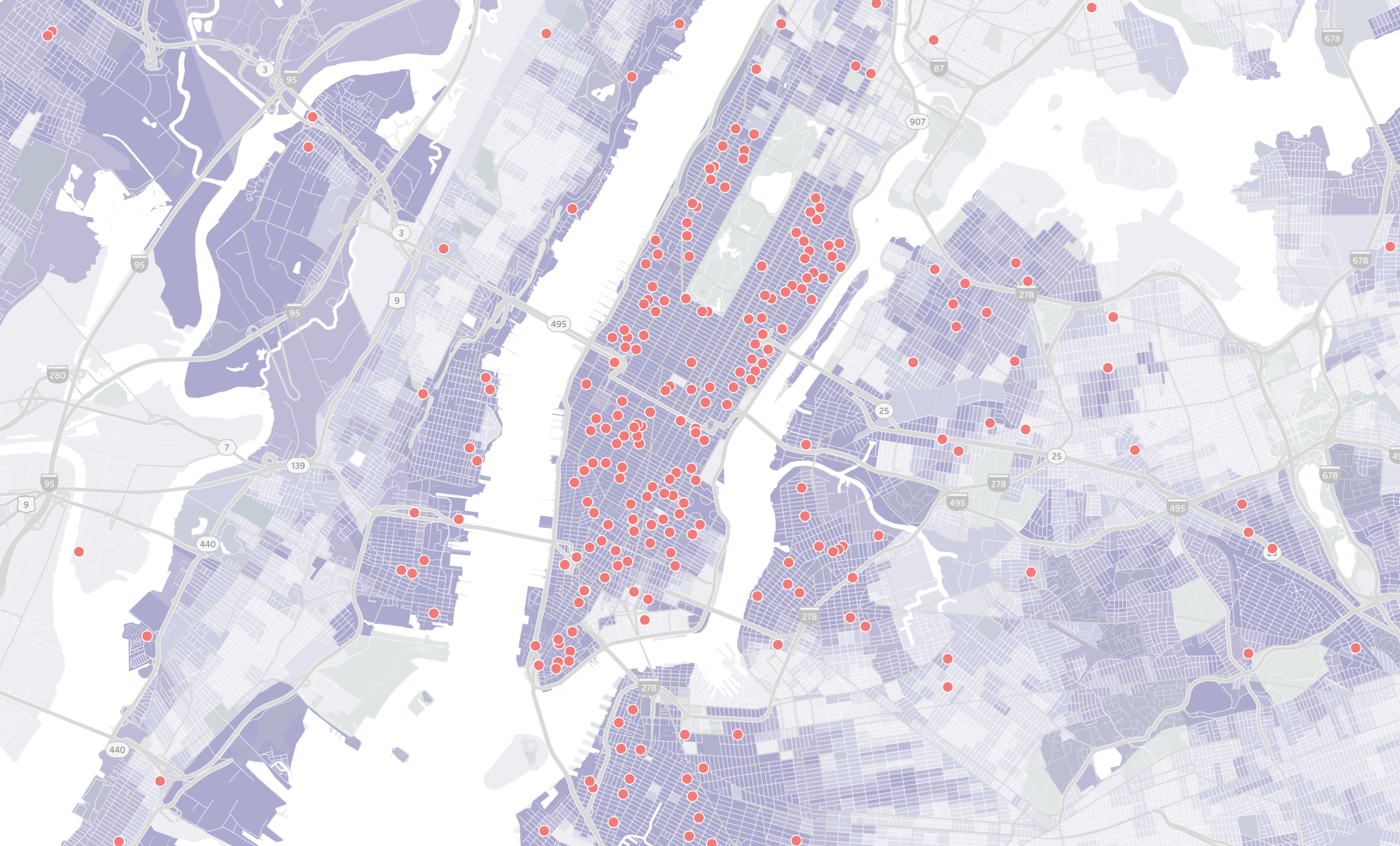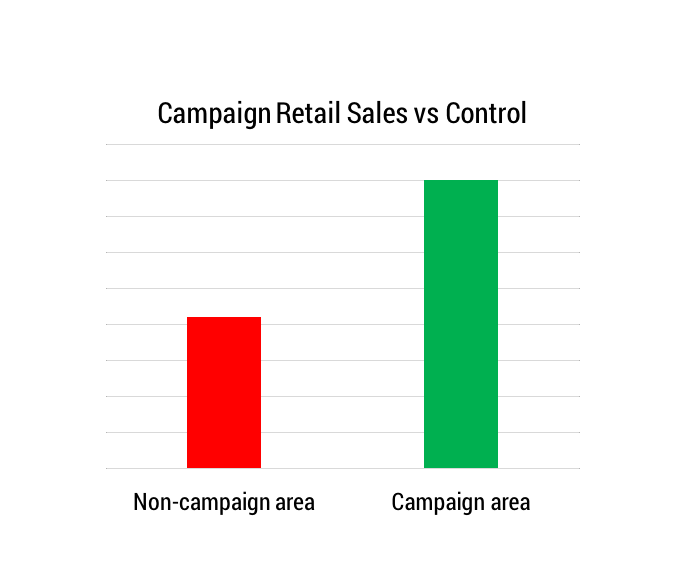Driving Offline Sales with Hyper-local MOBILE Advertising
Client: Louis Latour
BACKGROUND
Louis Latour has been making some of Burgundy’s finest wines for over 220 years.
Despite their sterling reputation among wine aficionados, most US wine drinkers don’t know the brand, or where to buy it.
CHALLENGE
Our mission was simple: Boost retail sales of Louis Latour’s most affordable, but less well known, wines.
We had to do it without changing price, packaging, or placement. And we had to overcome the obstacle of availability: Latour's wines are highly sought after, but they aren't available everywhere.
Most importantly, we had to show how online ads impacted offline sales.
of wine shoppers don’t have a brand in mind before entering a store.
We aimed to change that.
Source: Nielsen Category Shopping Fundamentals
SOLUTION
We knew which stores carried each of Latour's wines.
And we could predict who is most likely to buy.
So we made it easy for people to find the wine they want in stores that are close by.
PROCESS
We created a hyper-local Facebook campaign, targeting wine drinkers near stores where the featured products were available.
But to get their attention, we also needed to create engaging, personalized ads.
Once we had their attention, we used Facebook Canvas to display a dynamic full-screen story — and showed them how to get to the closest store.
EVOLUTION
To maximize budget efficiency throughout the campaign, we tested hundreds of ad variants, swapping out art, copy, product, timing, and location.
Experimentation on this scale would not have been possible without Serendipity, our proprietary ad platform.
IMPACT
Using historical retail sales data and media mix modeling, we were able to track the impact that advertising had on each store.
The results were favorable...
Locations where we advertised outperformed control areas by an aggregate 36%.
EFFICACY
Where we advertised, sales grew in step with the volume of advertising spend.
Sales growth of key products correlated almost perfectly (r = 0.87) to ad impressions.
This correlation shows that we didn't oversaturate the market. We spent just enough to get an efficient result.















